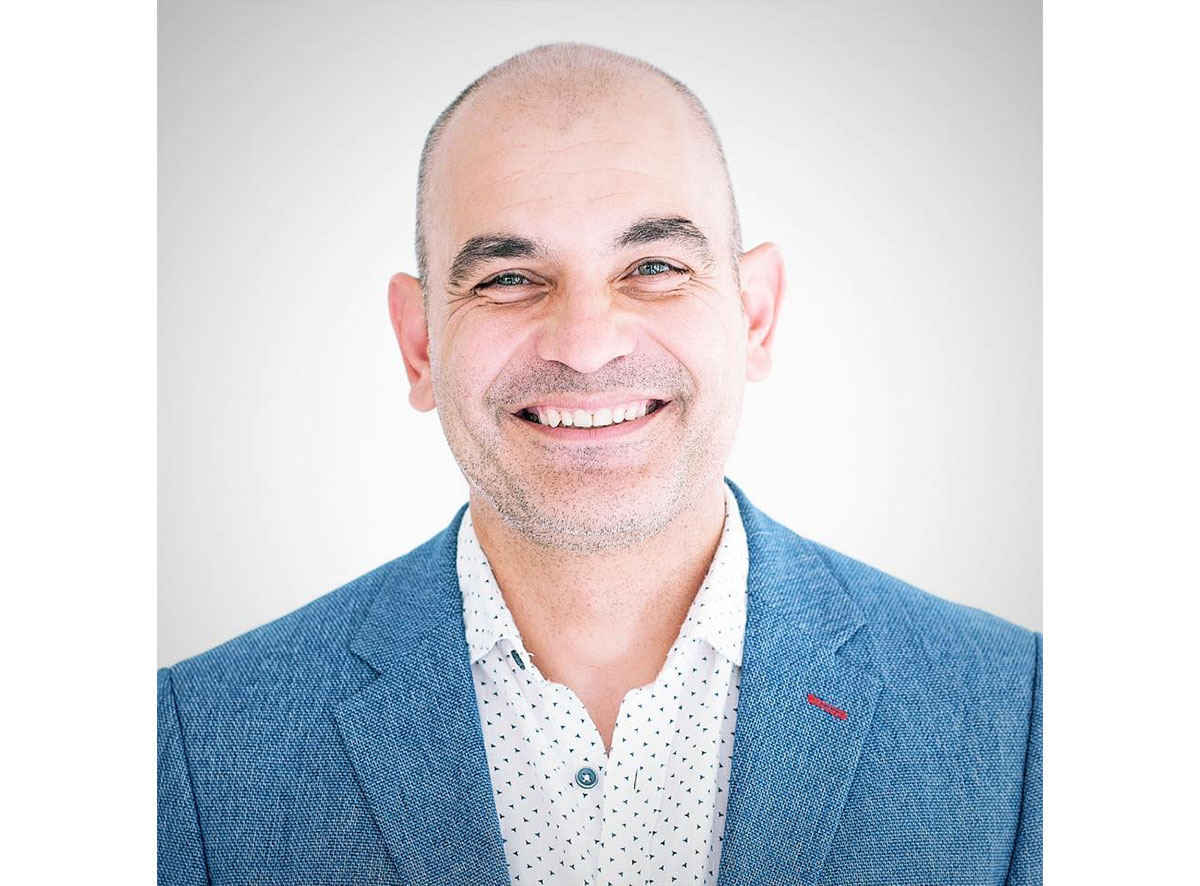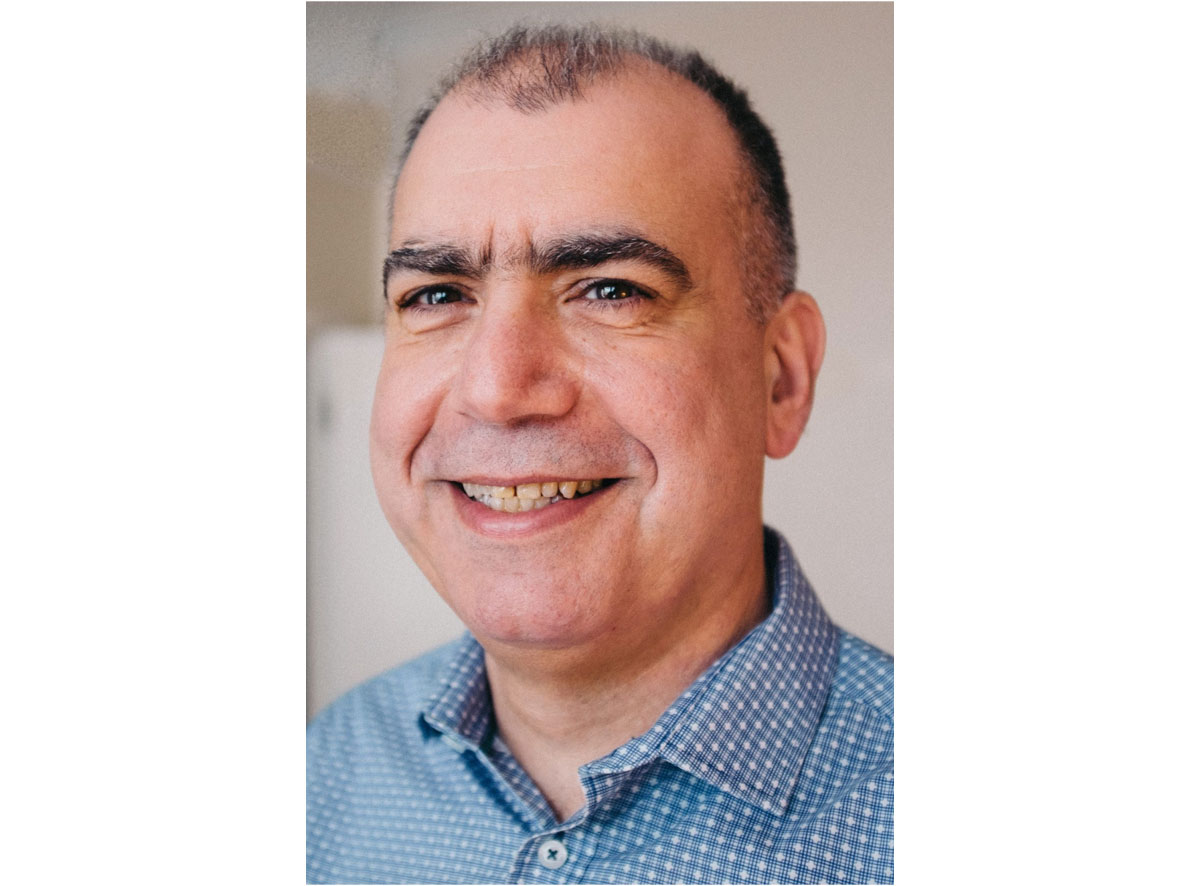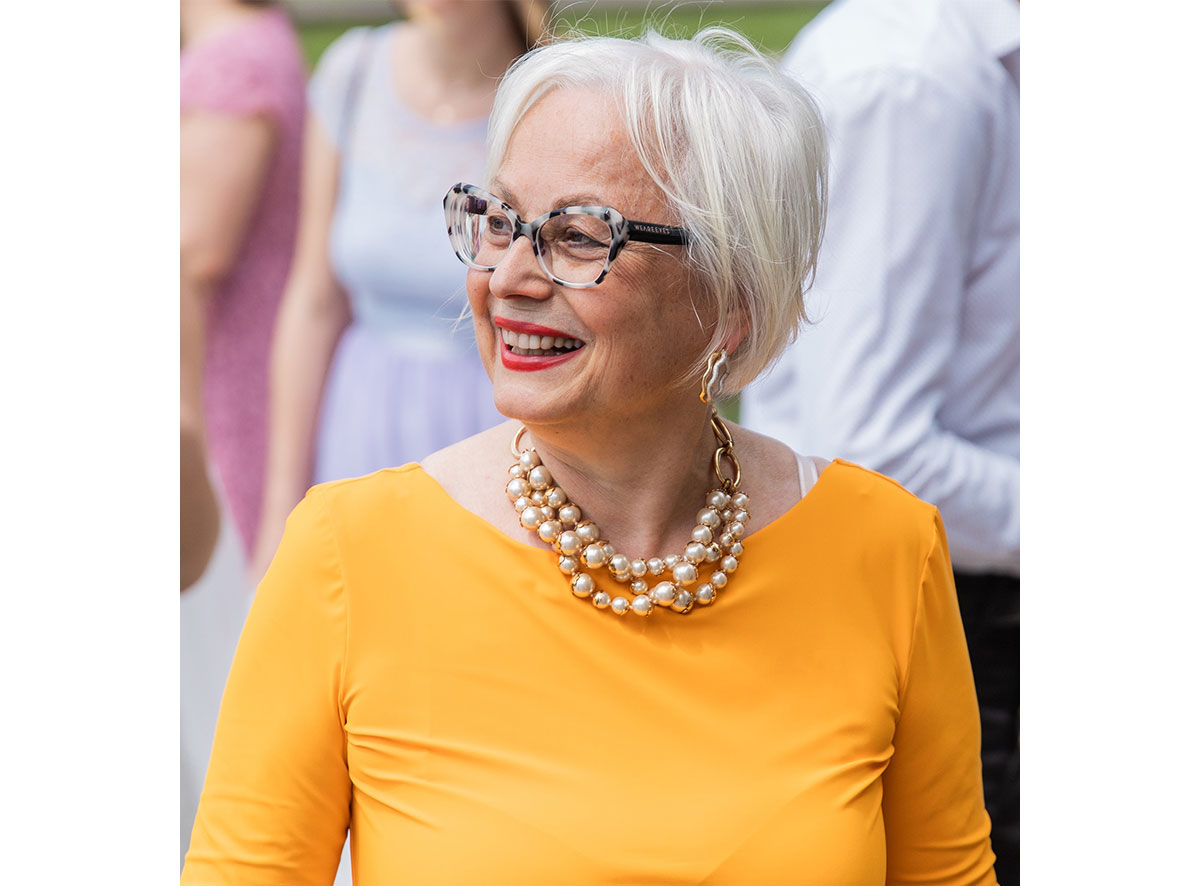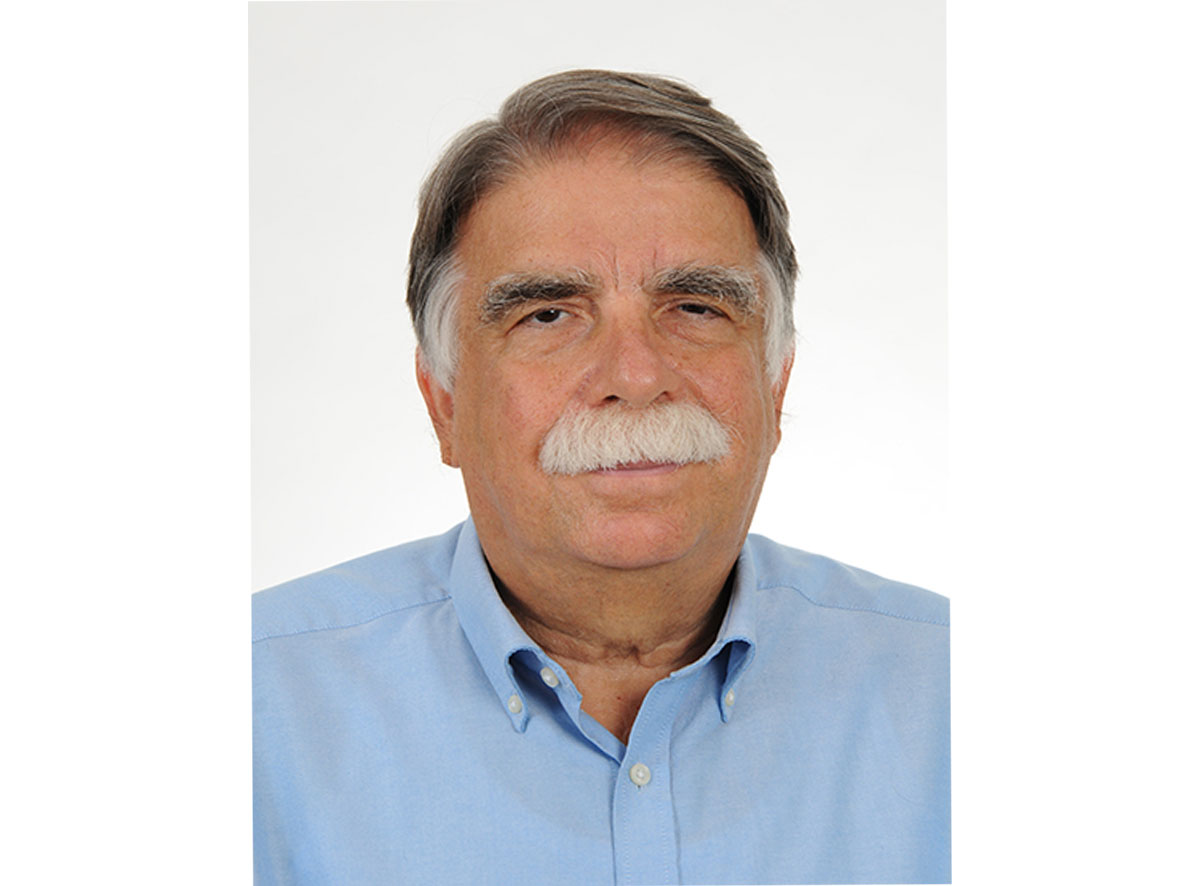Dimitris Katsaounis – One Health as a Catalyst to Achieve the Sustainable Development Goals
Dimitris Katsaounis – One Health as a Catalyst to Achieve the Sustainable Development Goals
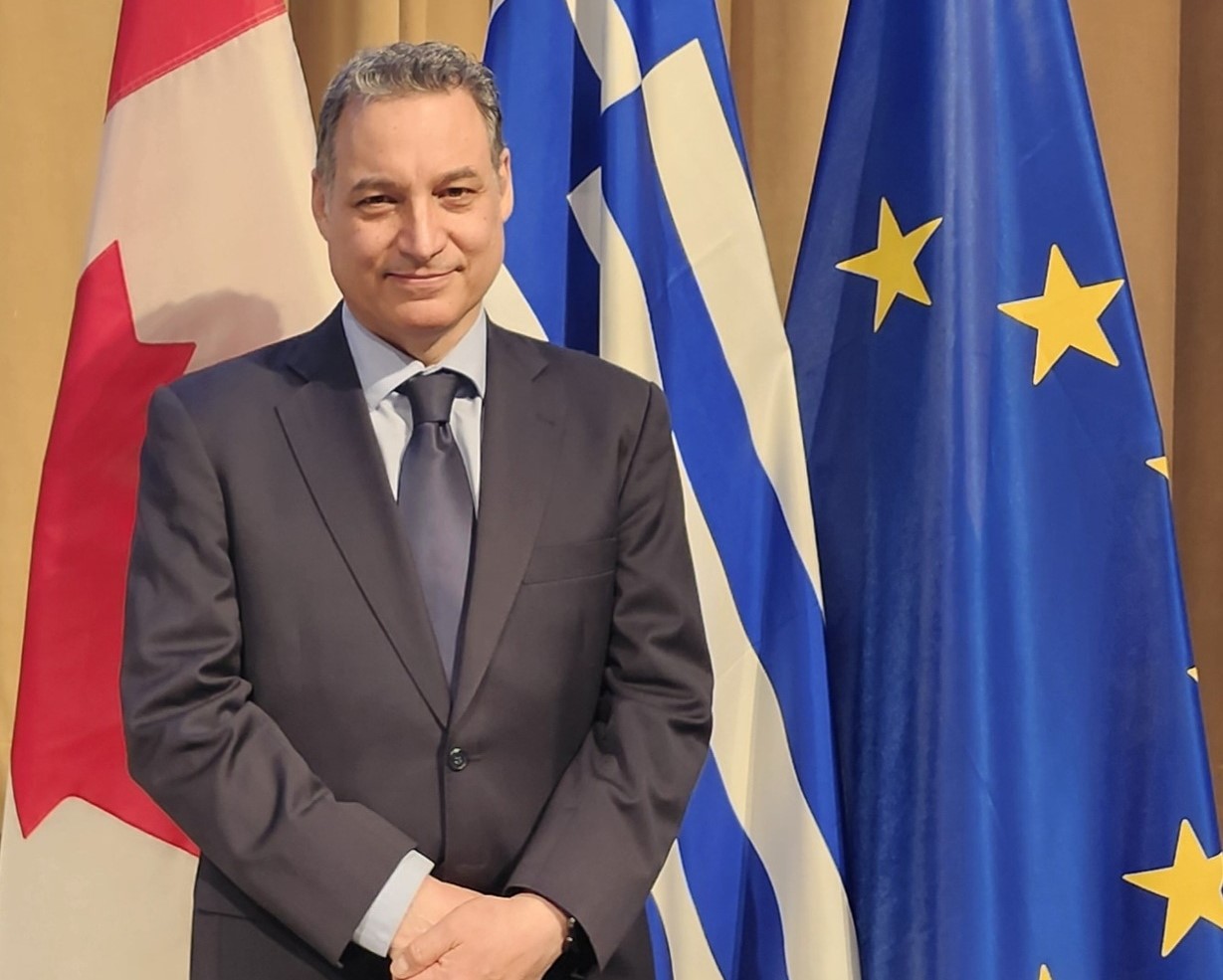
“The pandemic showed us how important One Health is. Without a holistic approach, we cannot confront such threats. In Canada, where One Health has been integrated into their strategy, early detection systems for zoonoses work well.”
This is what Dimitris Katsaounis highlights in his interview for the website of the Mediterranean One Health Innovation Center.
Mr. Katsaounis, a member of the Scientific Council of the Mediterranean One Health Innovation Center, has been living permanently in Montreal, Canada in recent years.
He is a specialist in Data Science and Artificial Intelligence, and in recent years he has been working as a consultant in the Digital Transformation department of a major Canadian telecommunications company, specializing in automation and process optimization.
In Greece, he worked in banks as a foreign exchange trader, investment advisor, and for 8 years he led a team of 250 Personal Banking consultants. In 2024, he was a candidate for the European Parliament with the New Democracy party.
The interview:
Q. What exactly does One Health mean?
A. One Health is a modern idea on a very simple fact, that is that human, animal and environmental health are inextricably linked. What happens in one of them affects also the other two. In Canada, where I live, this is something that people take very seriously, especially in times of public health crises. Everyone works together, experts from different fields work to find solutions. And that is the key, collaboration. I believe that in Greece and in Europe in general, this is exactly what we need to do: see things more holistically in order to address issues such as animal-borne diseases, antibiotic resistance and climate change.
Q. On a practical level, that is, in our everyday lives, how does One Health contribute to the promotion and safeguarding of Public Health?
A. In our daily lives, One Health means and offers much more than we think. For example, the fact that the food we eat is safer is a result of One Health. There are systems that check food for infectious agents and thus protect us. Also, prudent use of antibiotics in animals helps to ensure that the medicines intended for human use remain effective. Programs that monitor animal diseases in order to prevent epidemic-prone diseases or citizens who participate by recording mosquitoes or reporting incidents with wild animals are all part of One Health. All these things make a difference in safeguarding Public Health.
Q. How crucial is the role played by One Health in stopping pandemic threats such as the one the planet recently experienced, as well as other types of threats, such as the Food and Climate Crisis?
A. The recent pandemic has shown the importance of One Health. Such threats cannot be addressed without a holistic approach. In Canada, where One Health is integrated into strategies for safeguarding Public Health, systems of early detection of zoonoses are working well. And it’s not just the pandemics. Climate change and food crisis require innovative solutions. Agriculture, environmental protection and public health must be interrelated. We need surveillance networks, collaboration between researchers and citizen education. This will help us be better prepared for the next threats.
Q. How can an active citizen become informed and help promote the goals of One Health?
A. People often wonder: “What can I do for One Health?” There are a lot of things that one can do. First of all, stay informed. There are webinars from organizations like WHO, as well as local events. Even small actions, like prudent use of antibiotics and responsible food consumption, can make a difference. There are also some “citizen science” initiatives that allow us to help collect data. And of course, we can talk to those around us and put pressure on local representatives to adopt One Health policies. Change starts with us.
Q. Is One Health an additional tool for all of us in order to mitigate the consequences of Climate Crisis and achieve the Sustainable Development Goals?
A. It is not just an additional tool, it is an essential one! One Health is the catalyst for achieving the Sustainable Development Goals. In Canada, I see how this approach is changing the way climate change is addressed, by linking environmental actions with our health. In areas such as food security to the reduction of greenhouse gases, One Health provides a framework for action that is not only compatible, but also particularly decisive for achieving the Sustainable Development Goals. Strategies, at the same time, benefiting people, animals and the environment are much more effective. Greece and Europe, guided by their awareness of environmental matters, can – and must – lead the way.

